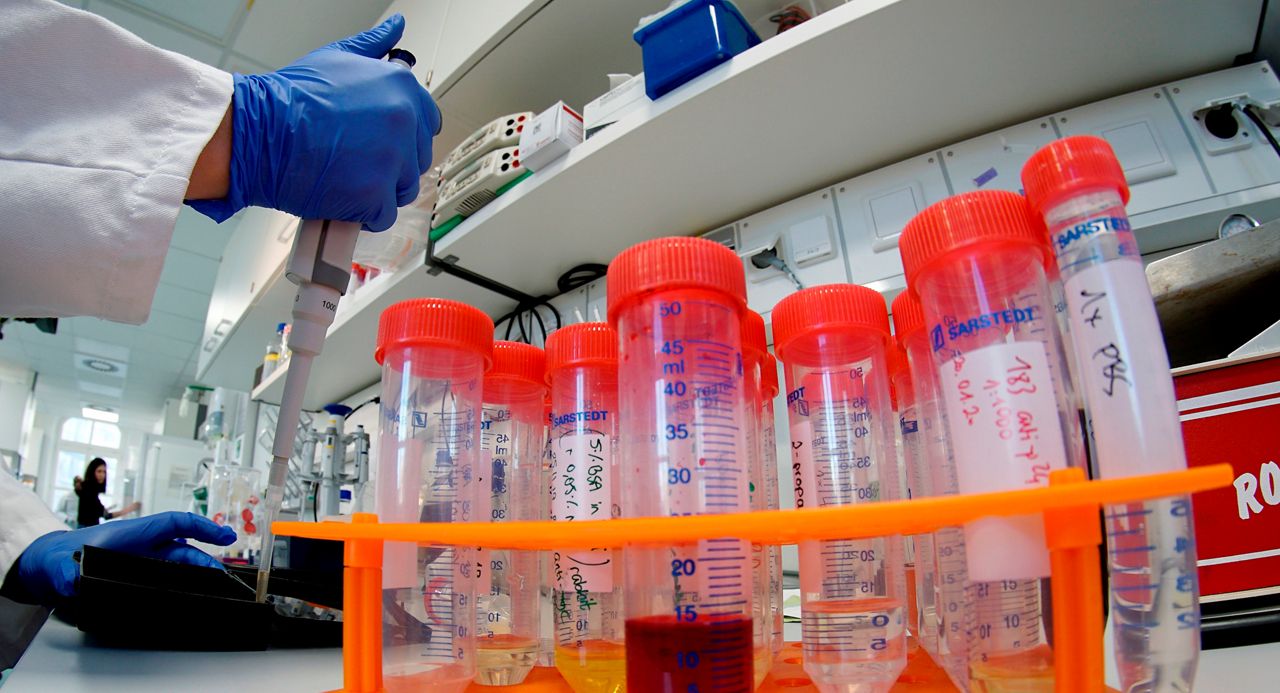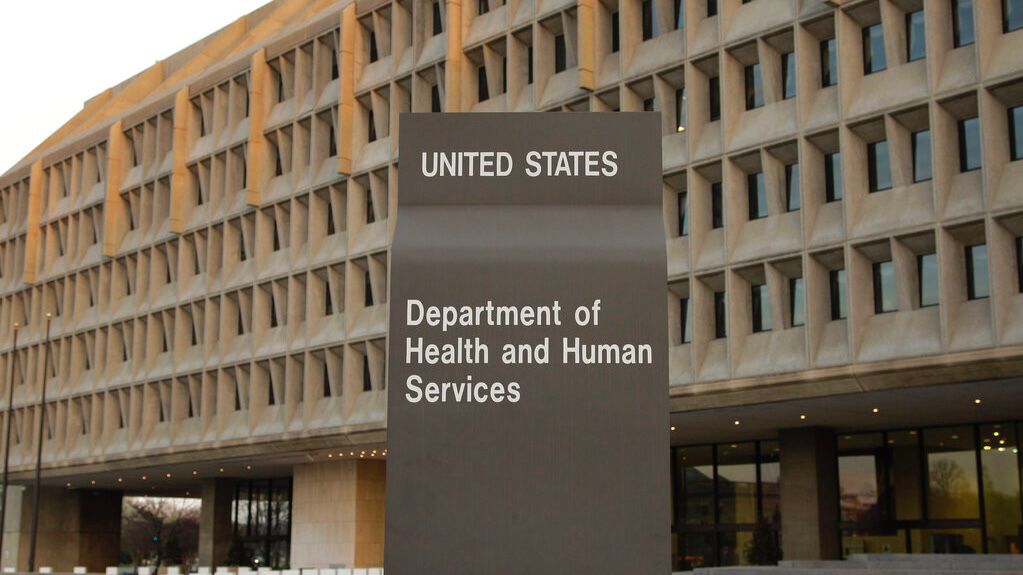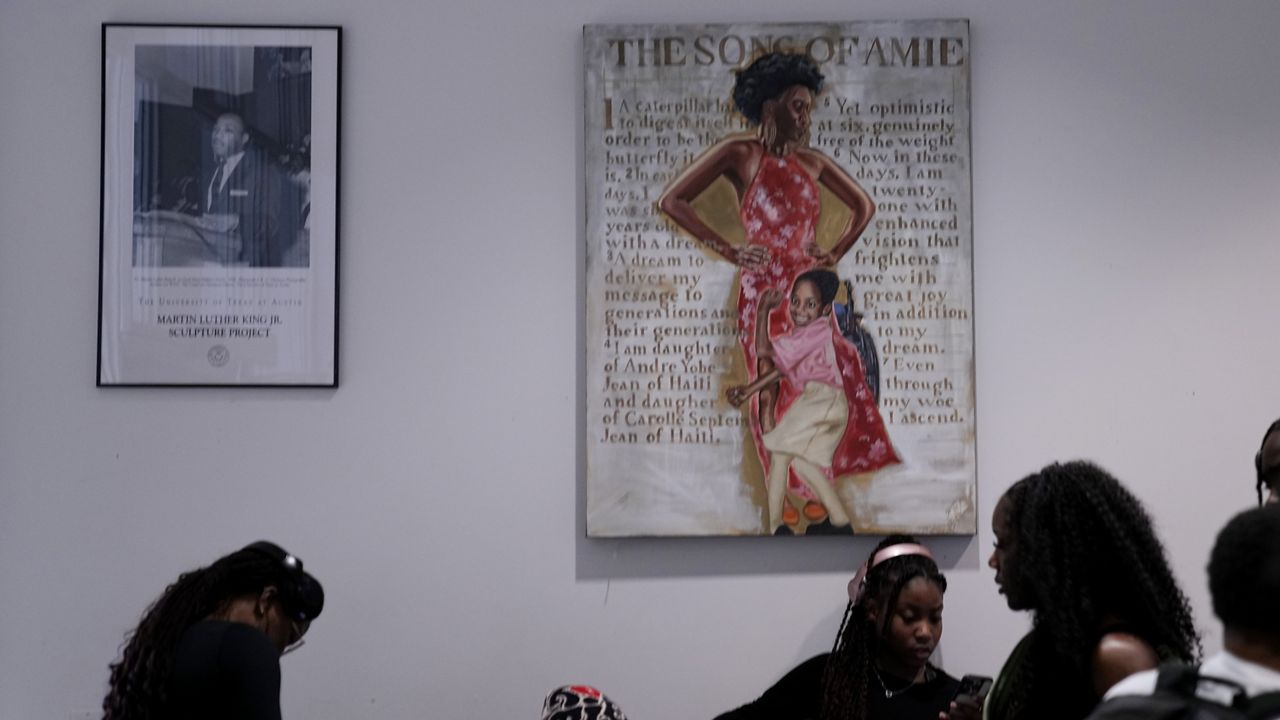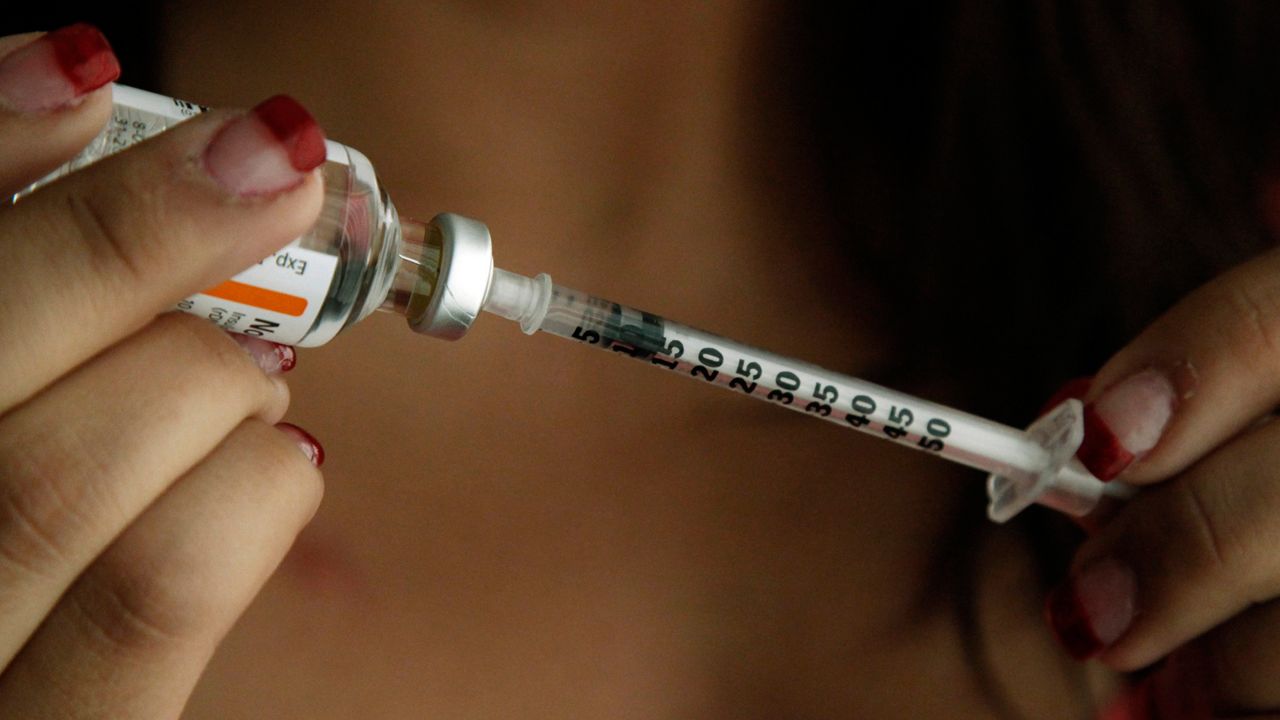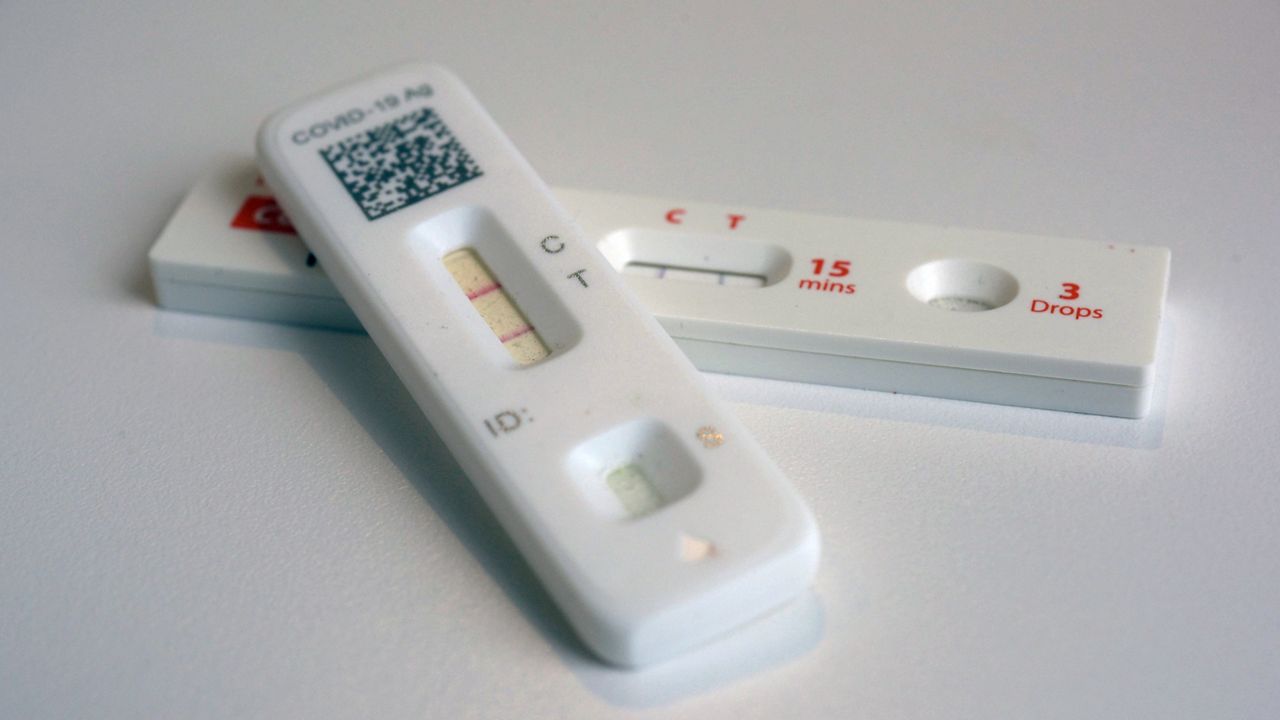The results from the first patient tested for the new coronavirus in New York City came up negative, the city health department announced Tuesday evening.
Results from two other patients in the city were still pending as of this writing, the city said.
It's not clear when the city will announce the results from samples sent to the Centers for Disease Control and Prevention (CDC) for testing, but it received the first patient's results in a few days; the city announced the possible case Saturday after it said the person admitted themselves to Bellevue Hospital late Friday night.
If the other patients test positive for coronavirus, they will be treated and the Department of Health will trace their "substantial contacts" so they can receive medical treatment. The patients were being evaluated at Flushing Hospital Medical Center and New York-Presbyterian Queens.
As of this writing, no one else in New York City was being tested for coronavirus, city officials said. According to Gov. Andrew Cuomo's office, several people in New York outside of the city were being tested for the virus, with several tests coming back negative.
The first New York City patient, who was evaluated at Bellevue Hospital, had a fever, cough, and runny rose, said Dr. Oxiris Barbot, the city's health commissioner. The individual was evaluated to rule out another respiratory virus, such as the flu, that could have accounted for the symptoms, according to Barbot.
City health officials say the most likely way someone contracts the new coronavirus is through extended contact, likely from family members at home. Barbot said it's unclear how easily the virus can transmit in less extended contact.
All three patients recently visited mainland China.
Symptoms of the virus include:
- Runny nose
- Headache
- Cough
- Sore throat
- Fever
The CDC recommends those who feel sick with fever, cough, or difficulty breathing, and traveled to the Hubei province of China — or was in contact with someone who had the virus — within the past 14 days should:
- Immediately get medical care
- Cover your mouse and nose with a tissue or your sleeve when coughing or sneezing
- Regularly wash your hands with soap and water
- Avoid contact with other people
- Not travel
The virus can also cause wheezing and pneumonia. It is a member of the coronavirus family that's a close cousin to the deadly SARS and MERS viruses that have caused outbreaks in the past.
"Our advice to New Yorkers during this time is to go about their daily lives, but to practice everyday precautions during flu season," Barbot said. "That includes covering their mouth and their nose when they cough or they sneeze, to wash their hands often and to stay home if they are not feeling well. Additionally, it is not too late to get the influenza vaccine."
There is no cure for the coronavirus. Health officials have yet to fully understand how destructive the virus could be, or exactly how quickly it can spread.
The state has started a hotline to answer questions about Coronavirus. The phone number is 888-364-3065.
Americans returning from China are being screened at select ports of entry, including Kennedy Airport and Newark Airport, as part of new entry restrictions amid the coronavirus outbreak.
China has reported at least 425 deaths and 20,438 confirmed cases, up sharply from the previous day, due to the new coronavirus. Outside mainland China, at least 180 cases have been confirmed, including two fatalities, one in Hong Kong and another in the Philippines.
The patient who died in Hong Kong was a 39-year-old man who had traveled to Wuhan, the mainland city where the outbreak started. The Hospital Authority said Tuesday he had pre-existing health conditions but gave no details.
Most deaths have been among the elderly and those with other health problems, authorities said. More than 80 percent were over 60 years old, and more than 75 percent had an underlying disease, Jiao Yahui, a National Health Commission official, told a news conference Tuesday.
Dr. David Heymann, who led the World Health Organization's response to the SARS outbreak, said it's too early to tell when the new virus will peak, but that it appears to still be on the increase.




